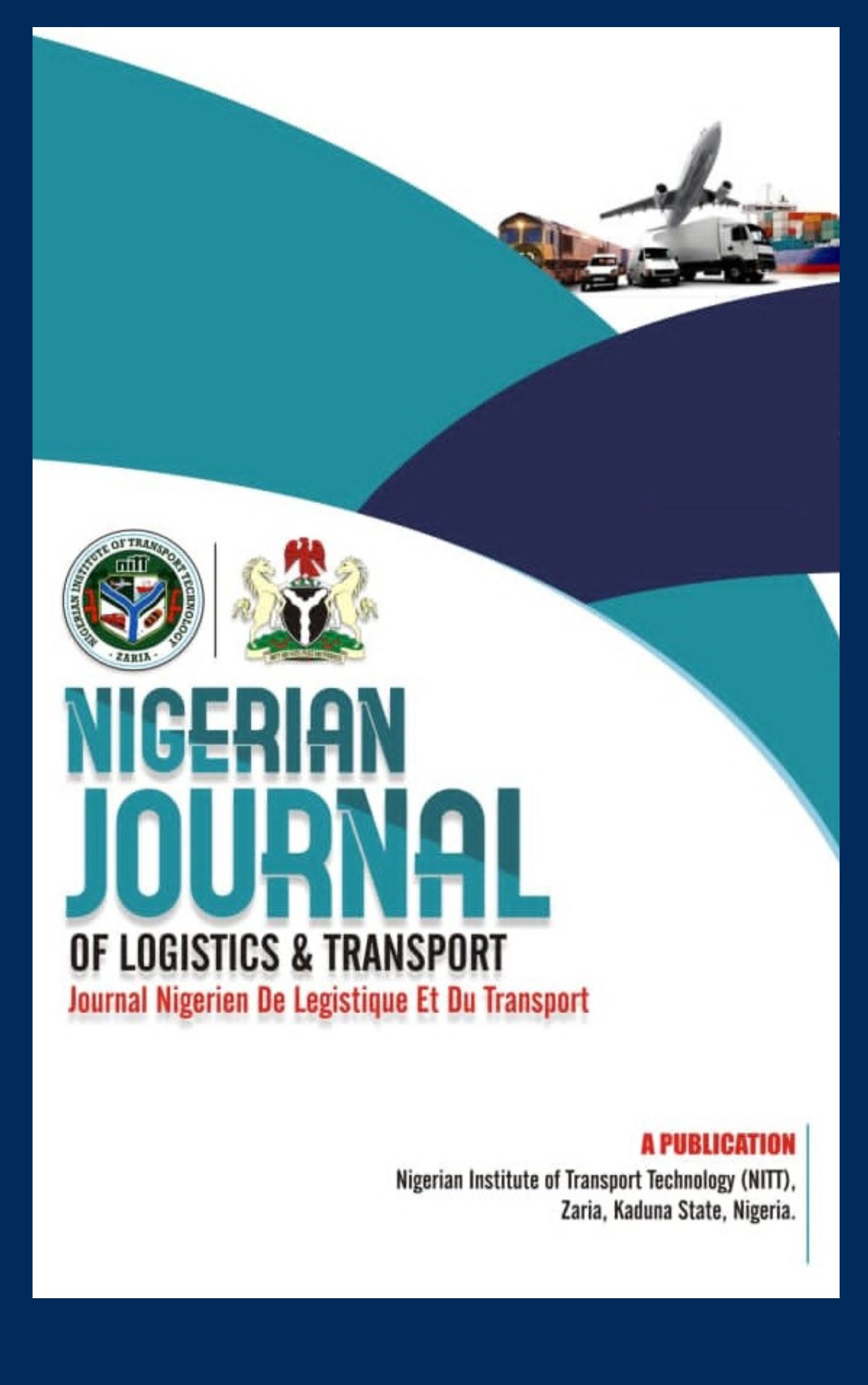Abstract
The Apapa Port plays a vital role in Nigeria's import and export activities, and has long faced challenges such as congestion, inefficiency, and corruption, negatively impacting trade and causing significant economic losses and hindrances to trade facilitation. Recognizing the urgency of addressing these issues, the Nigerian government implemented a series of port reform policies aimed at enhancing the operations and improve the effectiveness of port’s efficiency in Apapa Port. Consequently, this study examines the perceptions of Government’s Policies on Port Reform Operation at Apapa Port, a crucial hub for international trade situated in Lagos. Questionnaires were distributed to 220 respondents, including port users, customers, port managers, and technical directors in Apapa Port, Lagos State Nigeria. The goal was to gather their perspectives on port operations, service quality, and socio-economic impacts. The data were analyzed using Spearman's rank correlation coefficient and chi-square tests. The findings revealed significant changes in the port system's structure, operational activities and modalities, and productivity after the port reform. We recommend some opportunities for improvement through infrastructure development, enhanced governance structures, importers/exporters collaboration and well-designed port reform initiatives. Implementing these recommendations will optimize the Apapa Port's performance and compete favourably in line with global standards.



 National Library of Nigeria
National Library of Nigeria.jpg) Association of Nigerian Authors
Association of Nigerian Authors Nigerian Library Association
Nigerian Library Association EagleScan
EagleScan Crossref
Crossref